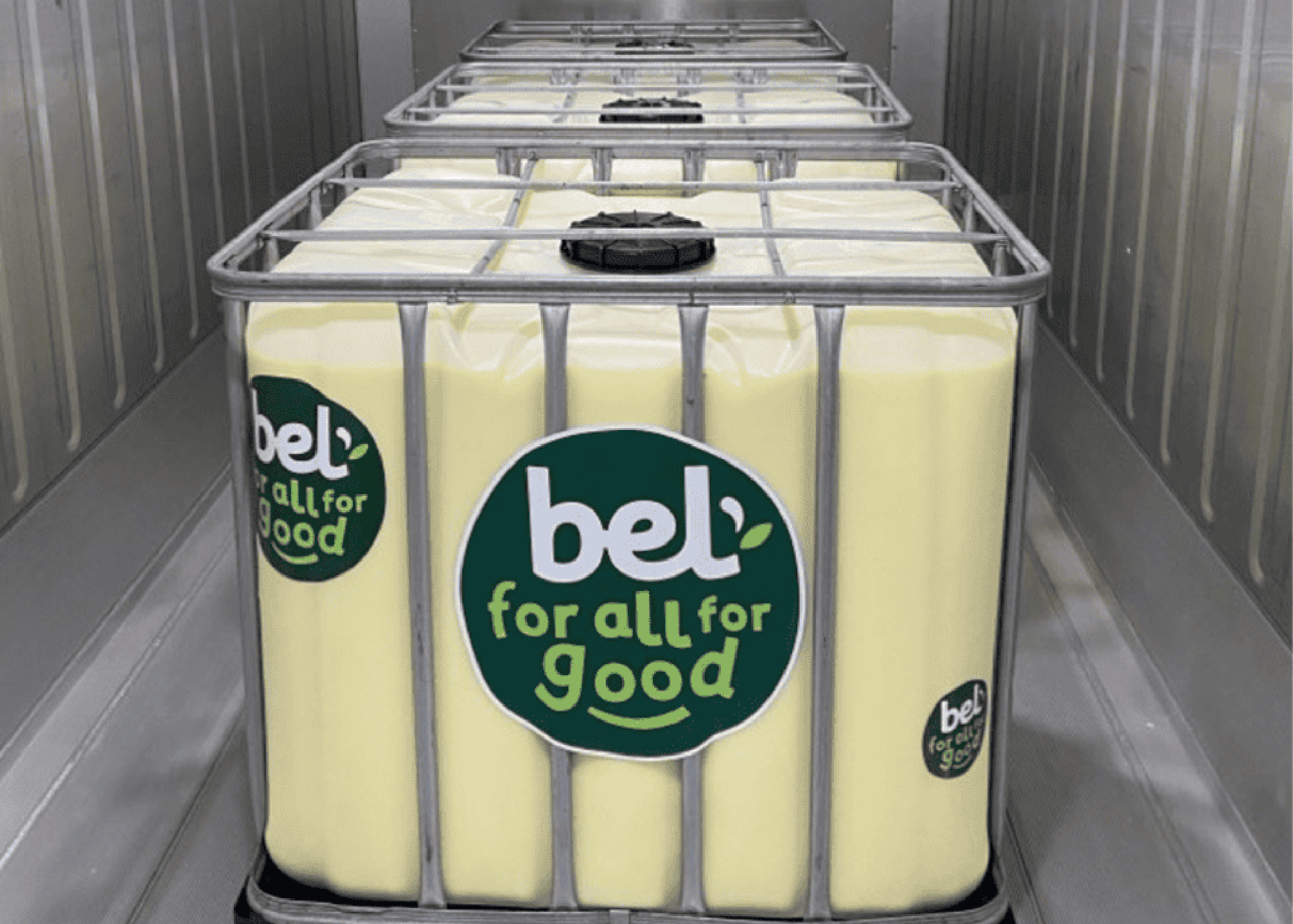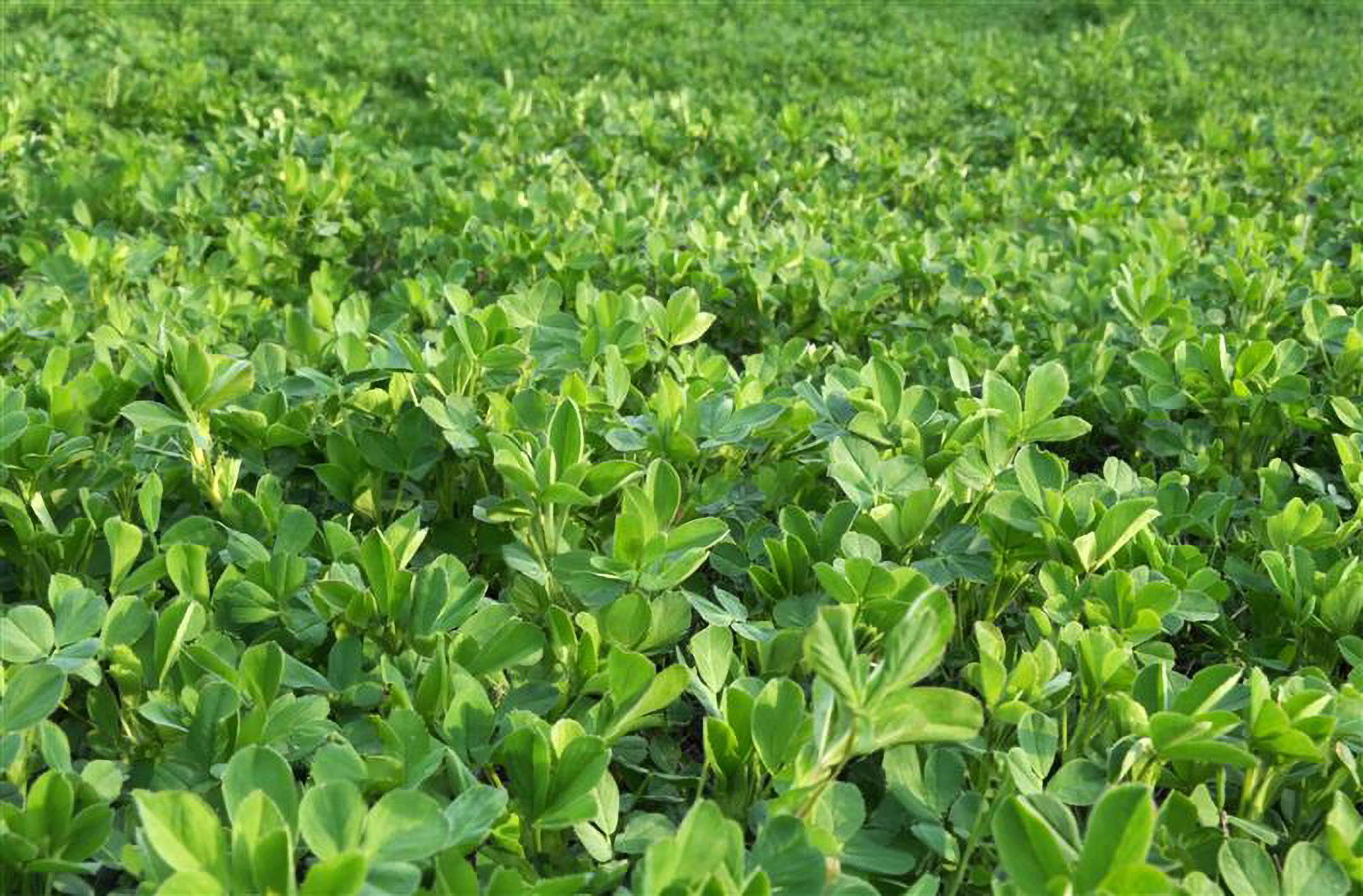

Cultured meat three times more efficient than chicken
Cultivated meat is attracting increased attention as an environmentally sustainable and animal-friendly alternative to conventional meat. As the technology matures, more data is becoming available and the uncertainties decline.
A new study, Ex-ante lifecycle assessment of commercial-scale cultivated meat production in 2030,recently published in The International Journal of Life Cycle Assessment, demonstrates that when research is conducted into the level of the feed conversion ratio (FCR), very interesting results are shown for cultured meat, according to Pele Sinke, LCA specialist at CE Delft. The FCR is lower than all conventional meats, which means it is a more efficient way of turning crops into meat. Cultured meat is almost three times more efficient than chicken, which has the most efficient feed conversion ofthe conventional meats.
"We know for sure that our current food system needs to change," said Michel Vandenbosch, President of GAIA. "It is unsustainable for the planet and forces billions of animals into terrible living conditions. Untollerable in a civilized world. Most of the animals are reduced to products while they are living, sentient beings with their own needs and requirements. GAIA and The Good Food Institute (GFI) supported this research because it shows that the feed conversion in cultivated meat is much better than in conventional meat. This is true even for chicken meat.”
Resulting from the more efficient conversion of crops into meat, the land use of cultured meat is significantly lower than conventional meat. When cultured meat replaces conventional meats in diets, this means that land is freed up. This land could be used to mitigate climate change, support biodiversity, or provide other societal and environmental benefits.
In 2021, GAIA and GFI launched a first global scientific environmental impact study about cultured meat, from the research institute CE Delft. This study builds on the previously published study and adds new results, a model and data update, and a detailed discussion. The researchers explore in more detail that less crops are needed for cultured meat due to improved feed conversion ratio of the technology, and what this means for land use and nitrogen emissions (both very important for biodiversity impacts). GAIA and GFI understand the importance of this information being freely available and have therefore made the study available in open-source.
“This addition to the 2021 study is very important because it shows that fewer crops are needed to produce cultivated meat," continued Vandenbosch. "Cultivated meat is part of the solution to ensure that we can feed the world's growing population in an animal-friendly way. Our food must be cruelty-free, sustainable, healthy and affordable for all.
"It is now very important that local governments support cultivated meat companies," Vandenbosch advised. "Invest in their research and help them to scale up their production. Today's intensive livestock production is supported by many subsidies. However, it is irrefutably proven that there is a major impact of this sector on climate change and the loss of biodiversity. Public money should not go in the conventional meat industry. It is essential that policymakers fundamentally dare to opt for a real transformation and substantially invest in innovative solutions that benefit humans, animals and our planet."
If you have any questions or would like to get in touch with us, please email info@futureofproteinproduction.com






